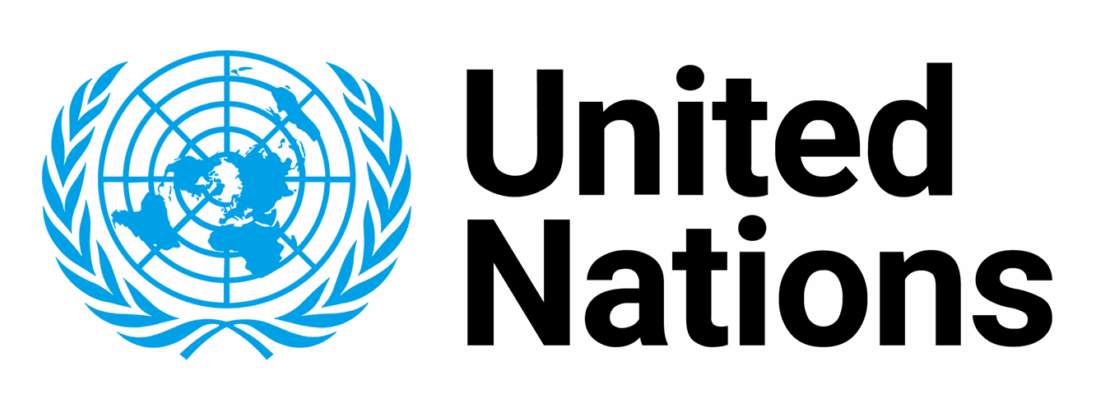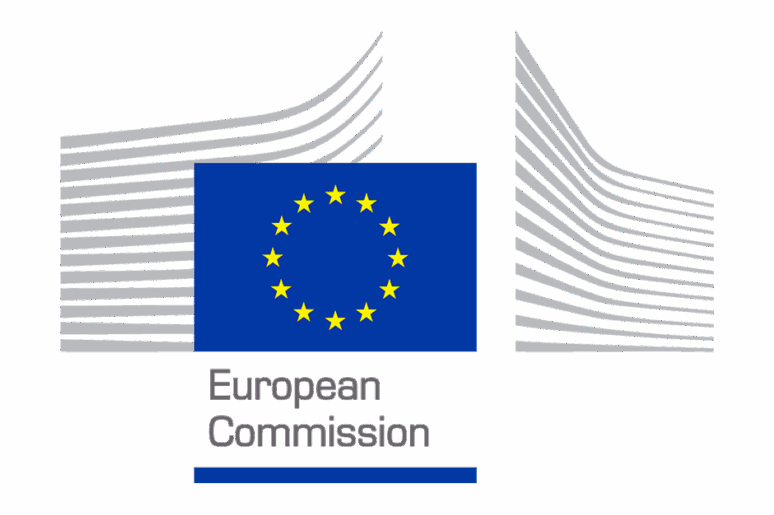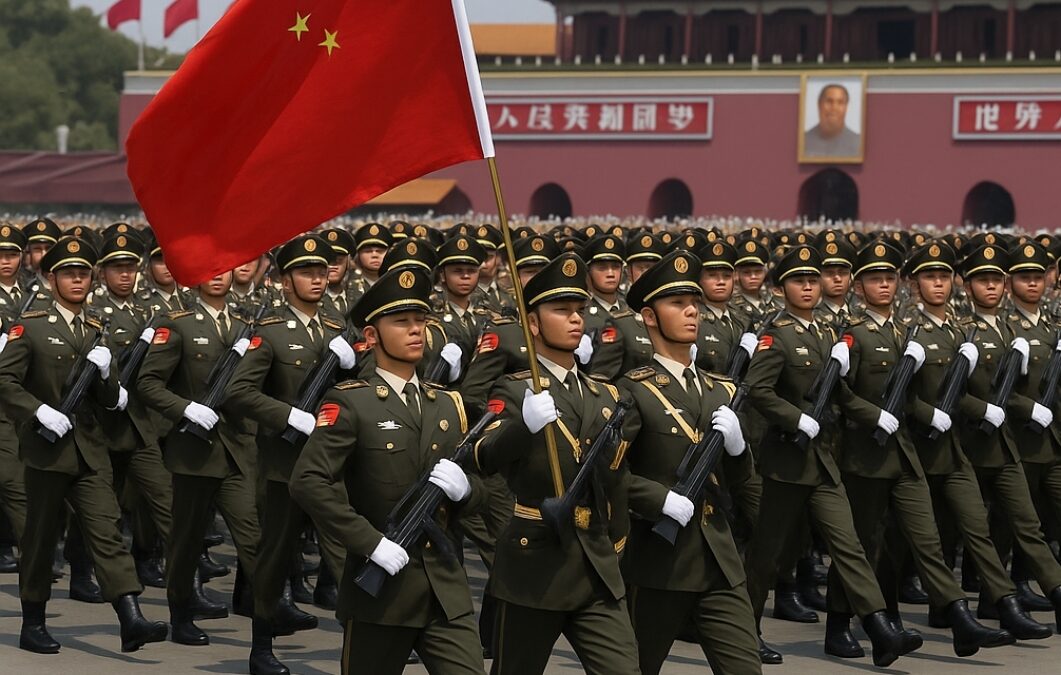On September 3, 2025, Beijing hosted an impressive military parade marking the eightieth anniversary of the victory in the Second World War. On the main stage, side by side, stood the leaders of three powers that today strongly influence international balances: Chinese President Xi Jinping, Russian President Vladimir Putin and North Korean leader Kim Jong Un. Their joint presence carried a highly symbolic meaning and offered the world the image of an evolving alliance.
Xi Jinping spoke of an epochal choice between peace and war, presenting China as a responsible and determined force, called to play a stabilizing and guiding role. Vladimir Putin thanked North Korea for its military support in the Ukrainian conflict and announced his intention to further strengthen bilateral relations, inviting Kim Jong Un to Russia for new consultations. The North Korean leader, in turn, stressed that helping Moscow is a fraternal duty and pledged full commitment.
In the United States and in Europe, concerns quickly emerged. Many observers spoke of the consolidation of a strategic axis capable of redefining global power relations, especially in light of new projects such as the Power of Siberia 2 pipeline, which reinforces energy interdependence between Moscow and Beijing. While on one side grows the perception of a world increasingly divided into blocs, on the other side also emerges the opportunity to turn this moment into a new season of dialogue.
The World Organization of States – International Parliament for Safety and Peace follows these developments closely and underlines that the true challenge is not to choose opposing alliances but to create universal spaces for dialogue. Every historical commemoration should remind us not of military strength but of the high price of conflicts and of the supreme value of peace. In this spirit, the WOS-IPSP recognizes President Xi Jinping’s call to choose peace and invites all leaders, including those in the West, to transform these celebrations into an opportunity for unity and conciliation.
Our International Parliament encourages Russia, China, North Korea, the United States, Europe and other regional powers to avoid a return to the logic of confrontation and to commit instead to multilateral tables able to address together the great challenges of our time: international security, climate change, food security and sustainable development. Peace is not built through the strength of arms but through the shared will to put life, dignity and the future of the next generations at the center.



